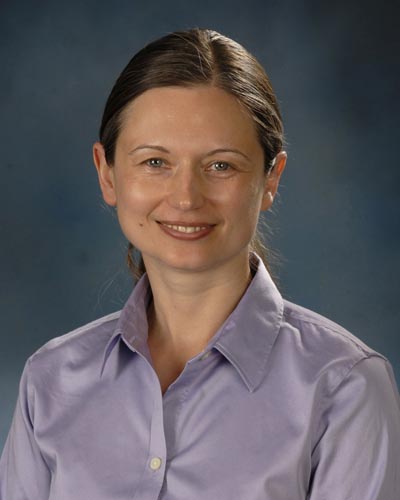
September 11, 2019
4-5pm
Autophagy is a catabolic process mediating the turnover of bulk cytoplasmic constituents including organelles and protein aggregates in a lysosome-dependent manner. It is necessary for cellular homeostasis and protects organisms from a variety of diseases, including neurodegeneration and aging. Accumulation of autophagosomes is also observed following traumatic brain injury (TBI) but its mechanisms and function in this context remain unknown. My lab uses in vivo and in vitro models to examine the role of autophagy after TBI to delineate the molecular mechanisms involved. Our data demonstrate that although autophagosomes accumulate in the brain after TBI, autophagic degradation cannot proceed to completion. The block of autophagy occurs in different cell types, including neurons, microglia/macrophages and oligodendrocytes, at different time points after injury and is likely mediated via different mechanisms and leads to different cell-type specific outcomes. In neurons inhibition of autophagy occurs within hour after injury. Our data indicate that this is caused by disruption of lysosomal membrane integrity mediated by the activity of phospholipase cPLA2 and correlates with markers of neuronal cell death. Thus, defective autophagy may contribute to neuronal cell death in TBI. In microglia and infiltrating macrophages inhibition of autophagy is most apparent at 3 days after injury and may contribute to excessive neuroinflammation observed after CNS trauma.